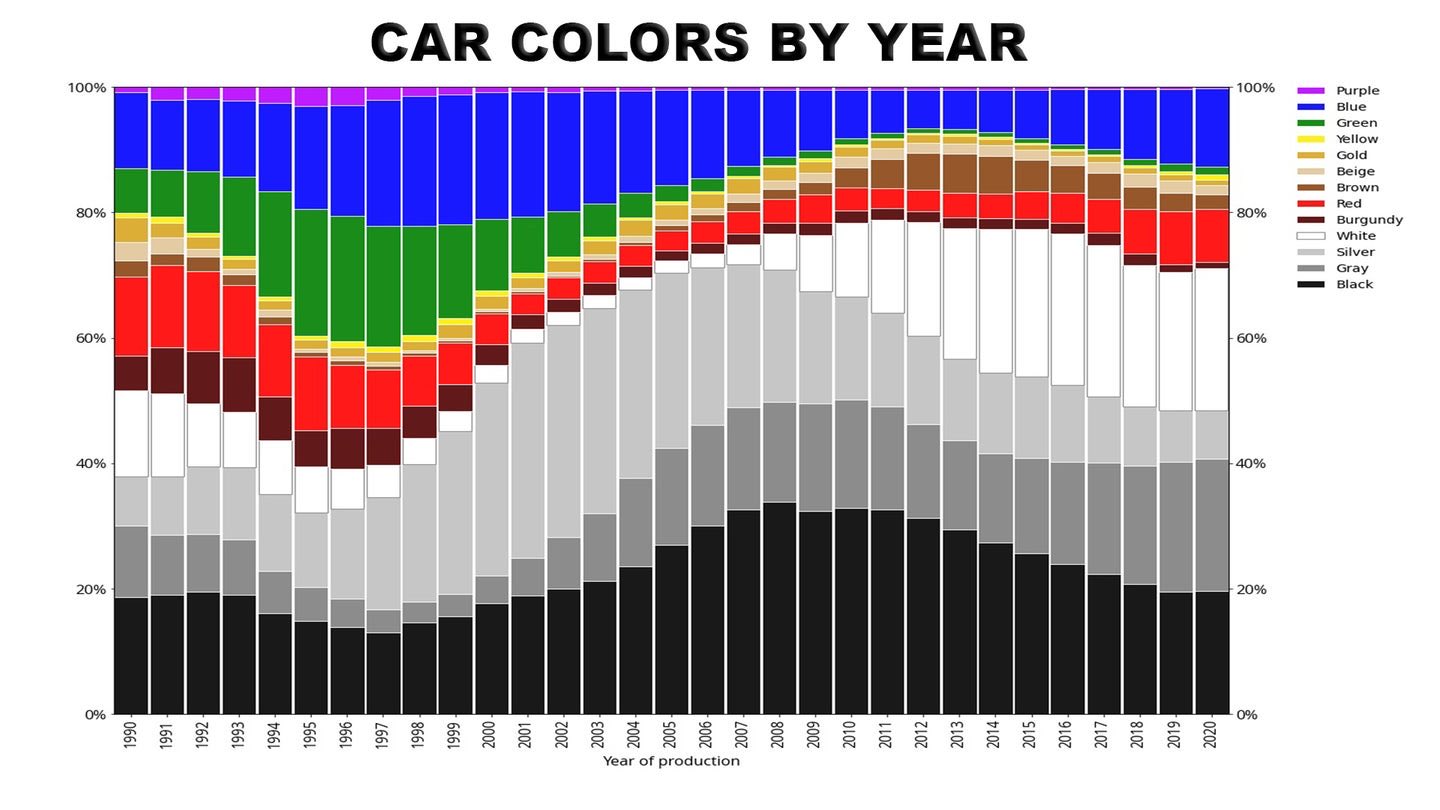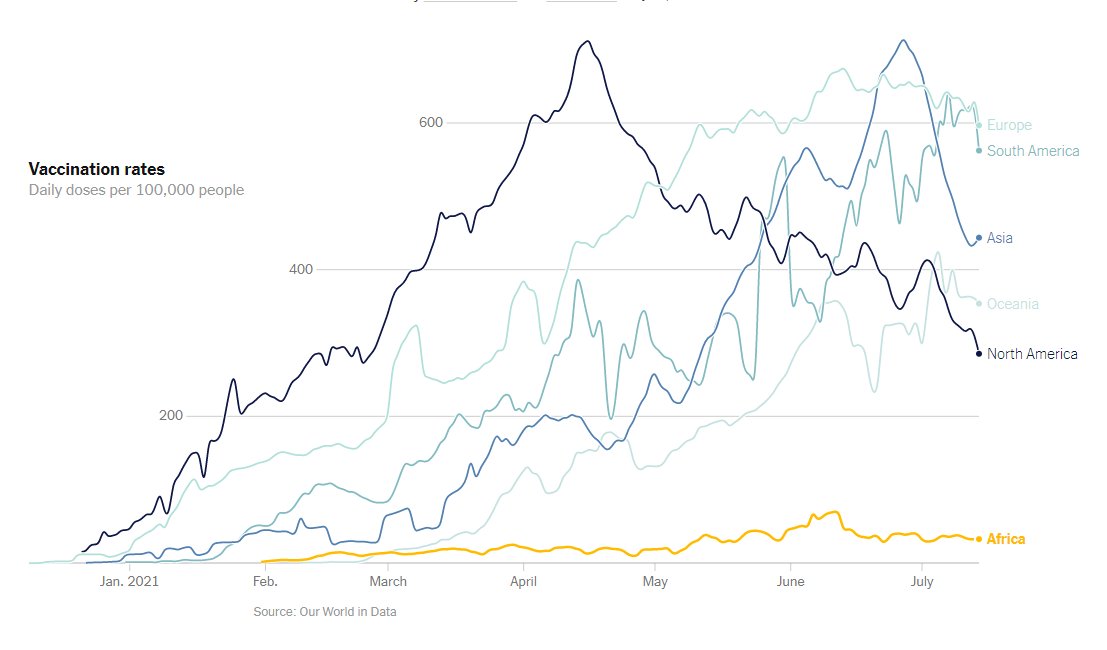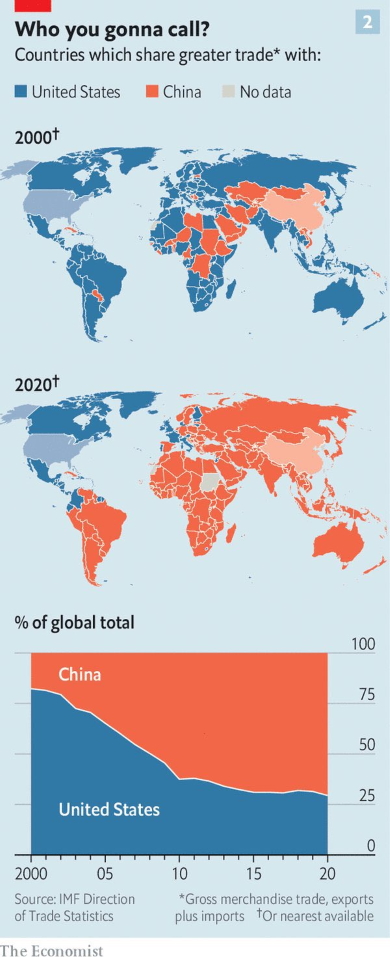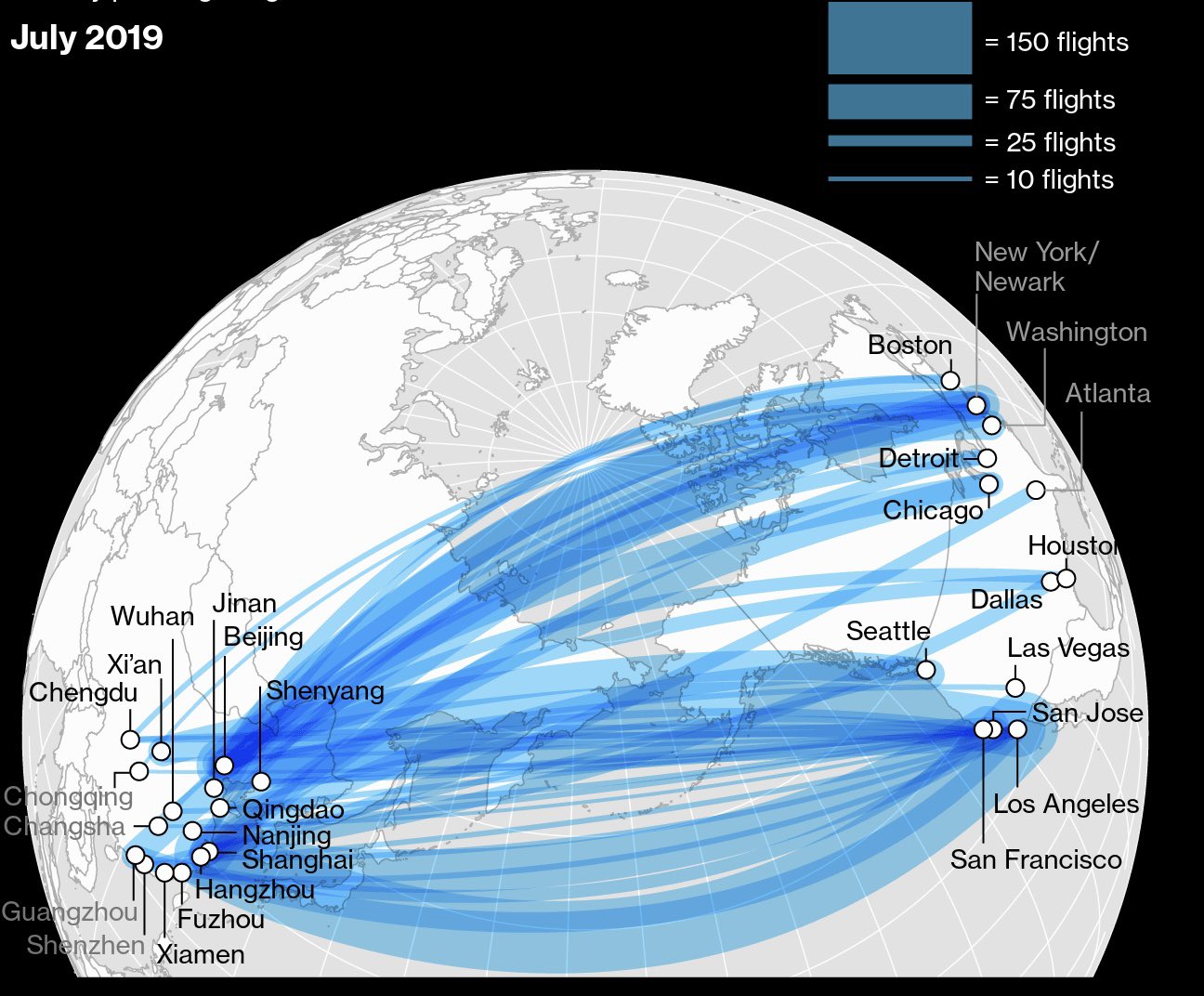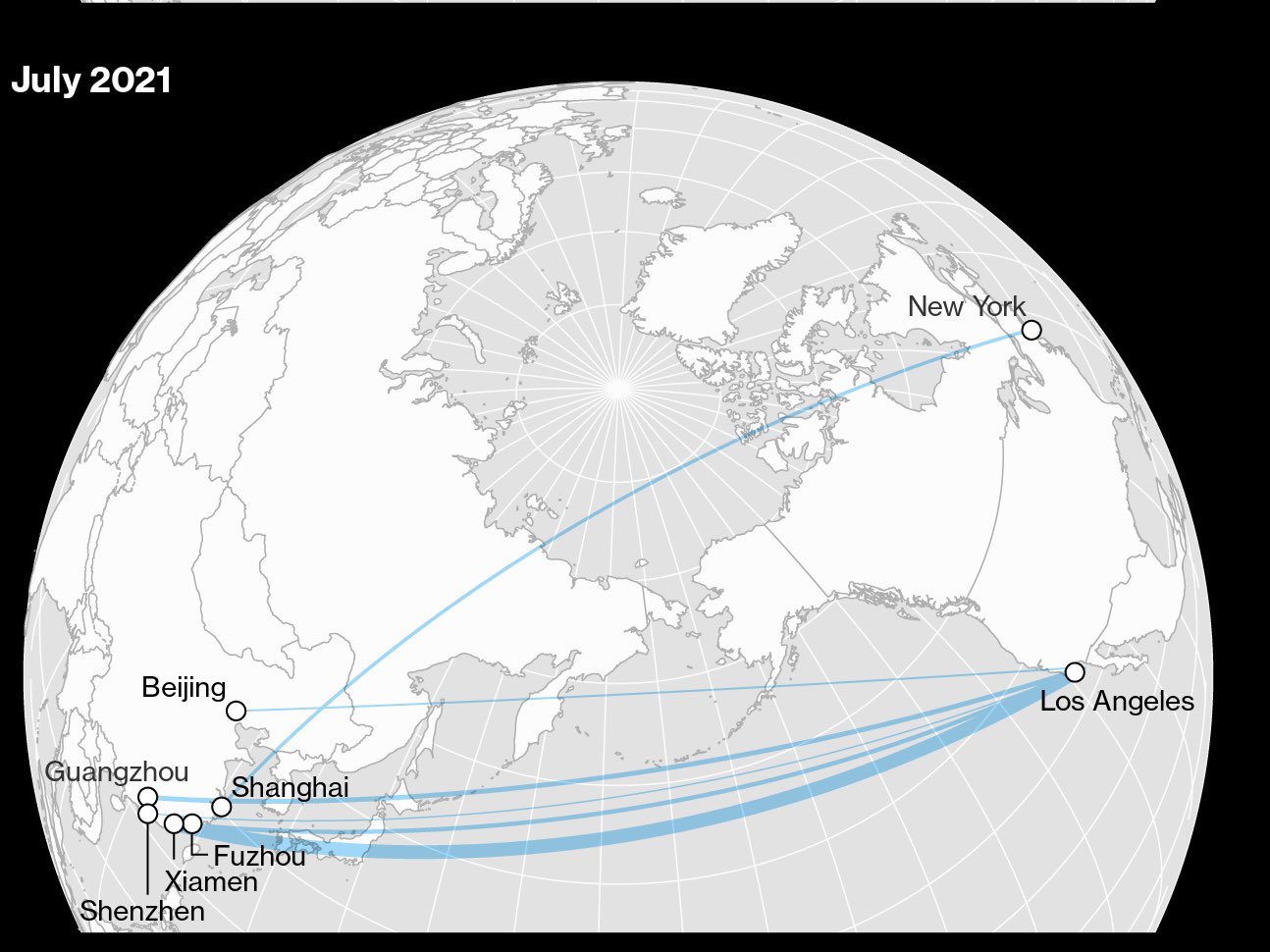📜 Thucydides, Kowloon & Education Myths
18 July 2021
Welcome back to the Week That Was series highlighting things from the interwebs which are interesting, noteworthy and/or probably worth your time.
Articles📝, Tweet(s)📱, Videos🎥, Charts 📈 all fair game with or without attendant commentary.
📜🌐 You Probably Don’t Remember the Internet

From The Atlantic: How do we memorialize life online when it’s constantly disappearing?
The internet is constantly disappearing. It’s a world of broken links and missing files (edit: already an issue on my own blog, welp) — often because the people in charge cast things off on a whim. In 2019, MySpace lost 50 million music files and apologized for “the inconvenience.” Around the same time, Flickr started deleting photos at random. Even though many of Vine’s most unnerving or charming or “iconic” six-second videos have been preserved, its community was shattered when the platform was shut down. It doesn’t help that the internet has no attention span and no loyalty: What isn’t erased or deleted can still be quickly forgotten, buried under a pile of new platforms, new subcultures, and new joke formats. The feed refreshes, and so does the entire topography of the web.
📝You Probably Don’t Remember the Internet
👶🏽 Trouble in Mzansi
The last week was incredibly difficult for South Africa; existential even - cutting to the nation’s very soul. There’ve been alot of excellent and insightful words written about the events so I won’t pontificate here.
What I will say is often periods of wrenching tumult lead to iconic imagery which captures the essence of the Zeitgeist. This is one of those truly powerful pictures, which seems like a microcosm of where SA found itself as a country.

📖🎙️ Naval
Excerpt from Naval Ravikant’s profile in Tools of Titans, released as a short podcast. Some examples of the bromides therein:
- In life, you always have 3 options: change it, accept it, or leave it
- Anger is hot coal you hold in your hand while waiting to throw it at someone else
- Reading is the ultimate meta-skill and can be traded for anything else
- All the real benefits in life come from compound interest
- Earn with your mind, not your time
- Free education is abundant and readily available on the Internet. It’s the desire to learn that’s scarce
- If you eat, invest, and think according to what the “news” advocates, you’ll end up nutritionally, financially, and morally bankrupt
- My one repeated learning in life: There are no adults. Everyone’s making it up as they go along. Figure it out yourself, and do it
🌆 Kowloon Walled City

The Kowloon Walled City in Hong Kong was once the most densely populated place on earth. And without a single architect or any oversight whatsoever, the ungoverned hive of interlinking buildings became a haven for drugs, crime and prostitution. This is perhaps why the surreal, M.C. Escher-like structure, where one couldn’t even begin to imagine what life was like, captured the interest of the Japanese.
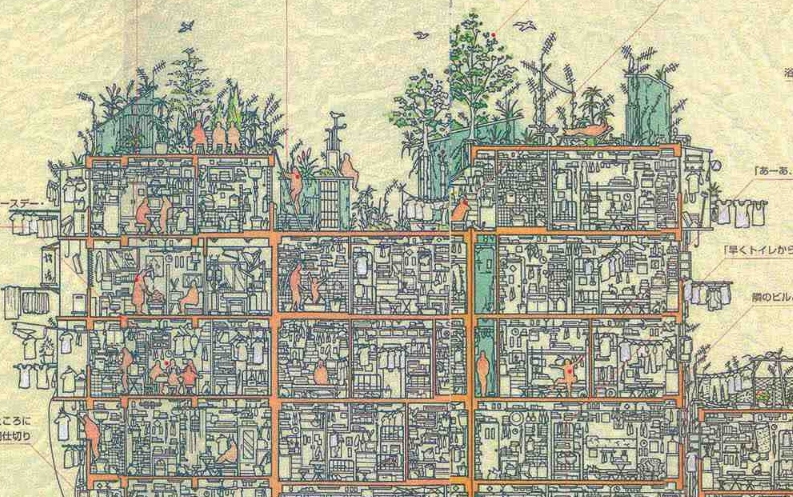

When it was demolished in 1993 the Japanese public tuned in to national television where it was being broadcast. But what most didn’t know was that, up until the previous evening, a group of Japanese researchers, which included architects, engineers and city planners, and led by historian and cultural anthropologist Hiroaki Kani, had entered the deserted city and had been documenting every nook and cranny up until the bulldozers arrived.

Their findings were compiled into a book that was published 5 years later. Almost as dense as the city itself, the book includes meticulously drawn cross-sections, panoramic views, explanations of different areas and much more.
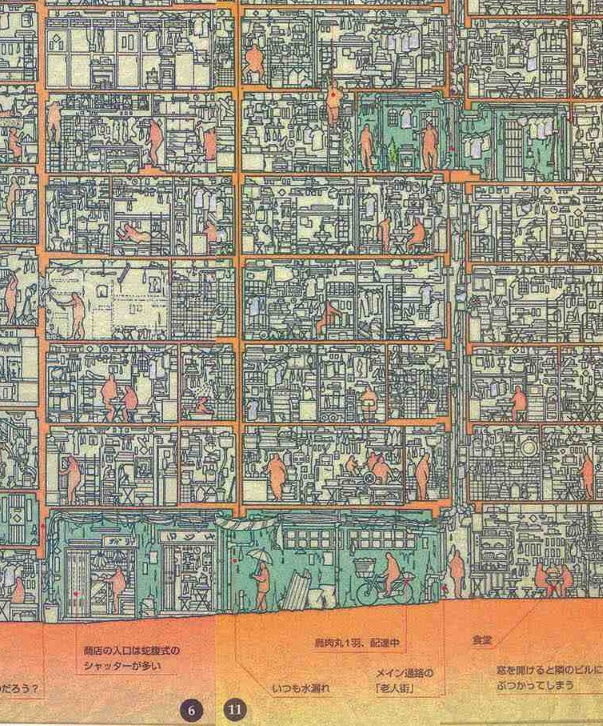

📙 The Subtle Art
10 Critical Lessons from “The Subtle Art of Not Giving a F*ck”.
From 🧵a thread by Fiona, The Millianial Money Woman
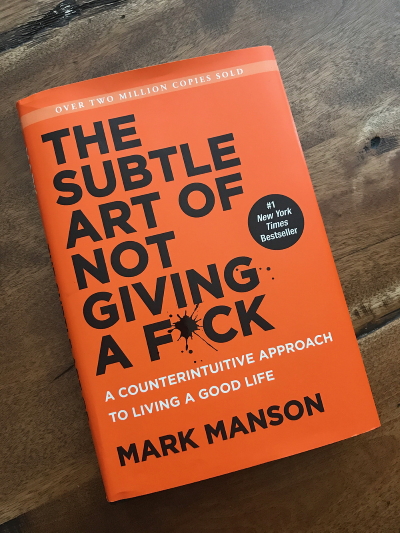
1. Change is the Only Constant in Life
There’s no such thing as “finding yourself.”
You are always evolving and changing with your surrounding situations. You’ll probably never really know who you are - and that’s ok because you’ll always be discovering and learning.
2. Failure is Necessary to Grow
Failure teaches you and helps you grow.
Abraham Lincoln lost eight elections, twice failed in business, and suffered a nervous breakdown before becoming President. Failure and success are not opposites.
They both are parts of the whole.
3. Your Energy is Finite. Invest it Wisely
Life will throw you many curveballs.
Pick and choose your battles wisely. It will show you are mature when you only care about what truly matters.
Spend your energy on what will bring you closer to your goals.
4. Your Identity is Defined by What You Do
You are defined by what you do - and what you don’t do. Dare to say “no” more often. “If we reject nothing, we essentially have no identity at all.”
Say no for a better yes.
5. Difficult Times Are Necessary
We are guaranteed to face hard times. Don’t shy away from them. Embrace hard times because they help you learn, grow and thrive.
“Who you are is defined by what you’re willing to struggle for.”
6. Problems are not Always Negative
Having a problem doesn’t necessarily mean it’s negative.
“Problems may be inevitable, but the meaning of each problem is not.” Hope for a life filled with good problems.
Problems are opportunities.
7. Be Grateful for What You Have
It’s good to strive for being better, but it’s also important to stop and be grateful for what you have. Gratitude changes what you have today into enough.
“The more you pursue feeling better all the time, the less satisfied you become.”
8. It’s OK that Life Sucks
Having a perfect life isn’t normal. Accept that it’s completely OK to have a life that sucks now and then.
“The desire for a more positive experience is for itself a negative experience.”
9. Realize that You’ll Die. Embrace It.
When you realize that your time on Earth is finite, you’ll start to embrace life and focus on what really matters. If you fear death, then you likely are fearing life as well.
Don’t be afraid of dying - be afraid of not living.
10. Fear of Failure is Failure
Your worst enemy is your fear of failure. “We can be truly successful only at something we’re willing to fail at.” If you’re afraid of failure, then you’re not ready to succeed.
The only way to crush fear is through action.
🧑🏽💻🎓 CS Bachelor’s Degrees
As pointed out by others, the Y-axis here should probably read something like "% of degrees earned by women" as opposed to "% of women getting degrees".
That and there are a couple of fields not represented which would make it a richer dataset e.g. Engineering. However it’s an interesting look at female under and over-representation in undergraduate studies. (Caveat: US Data). A topic we’ll come back to on these pages.
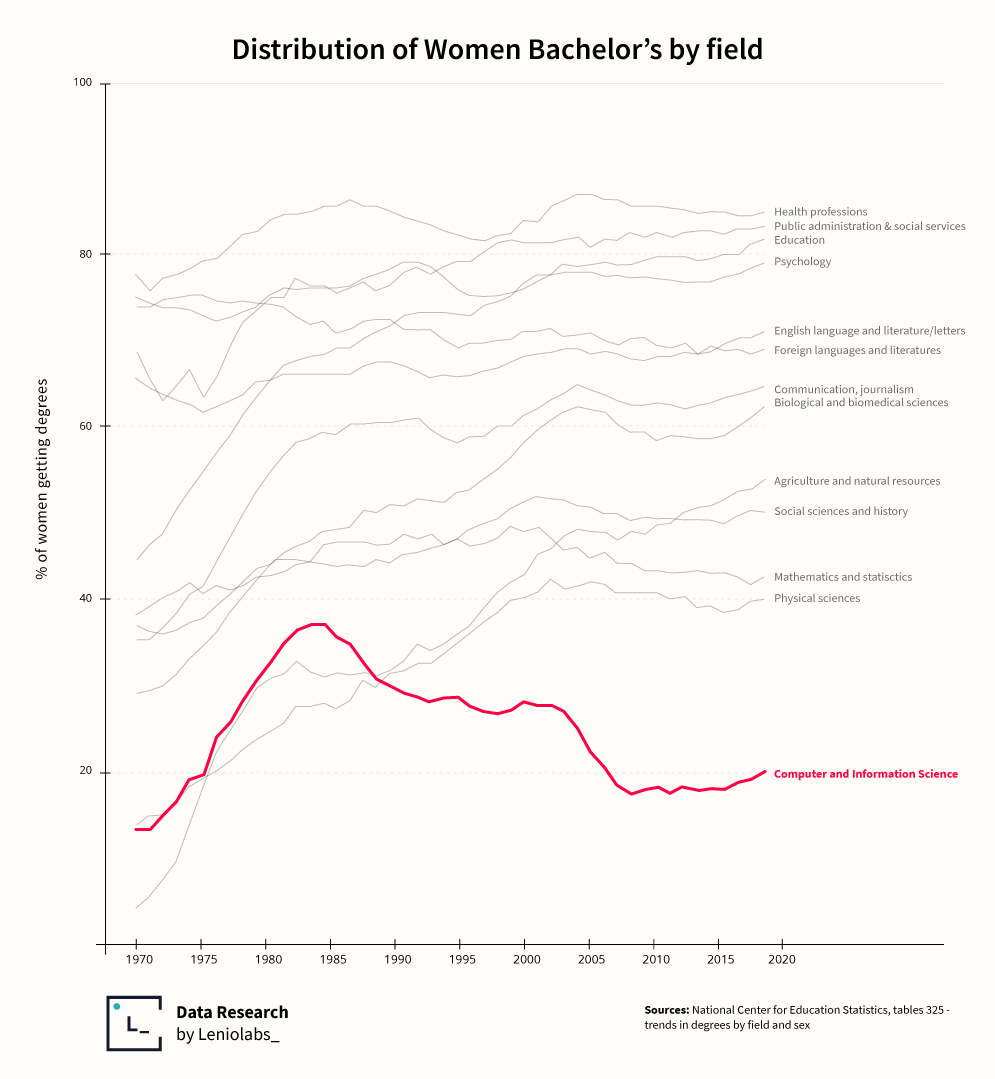
🏫📹 Education Myths
You are not a visual learner — learning styles are a stubborn myth.
🧠💰 The Psychology of Money
Morgan Housel was on the Alex & Books podcast not too long ago. Morgan is the author of The Psychology of Money: Timeless Lessons on Wealth, Greed, and Happiness. He’s also a partner at The Collaborative Fund and a former columnist at The Motley Fool and The Wall Street Journal.
In his book, Housel shares 19 short stories exploring the strange ways people think about money and teaches you how to make better financial decisions. In this episode, you’ll learn what money can and can’t buy, the difference between being rich and being wealthy, how 50% of your investments can go wrong but you can still make a fortune, what to do to become a better investor, and more helpful advice.
Chapters:
- [00:54] How people view money differently & why you shouldn’t buy lotto tickets
- [04:36] How money buys you freedom & some happiness
- [08:07] Things money can’t buy you
- [11:13] Looking rich versus being rich
- [13:37] The importance of savings rate to becoming wealthy
- [16:12] How 50% of your investment can fail & you can still make a fortune
- [20:15] Warren Buffett & the power of the compound effect
- [23:09] Why you need to increase your time horizon to become a better investor
- [25:23] Volatility is the fee you pay the stock market for great returns
- [27:21] Bernie Madoff & how to prevent yourself from getting greedy
- [30:02] The role of luck & risk in investing
- [34:08] When you should & shouldn’t take investment advice
- [36:28] Investment advice for listeners
- [40:11] Possible explanations for why the stock market keeps going up
- [43:03] Morgan’s personal investment strategy
- [45:07] Books that had a huge influence on Morgan & how they changed him
🌈🚘 Car Colour
1996: Peak Colourful Car Registration
💉🦠 Vaccines
Per Ian Bremmer citing NYT, this highlights the staggering vaccination gap between Africa and the rest of the world.
Having (thankfully) received the first BioNTech Pfizer mRNA shot this last week, I’m acutely aware of the daunting scale of the problem which still awaits us going forward regarding this novel coronavirus.
Specifically - the world is probably quite lucky that Israel had such an aggressive vaccination program early on in the year - and that this was coupled with sharing the data about susbsequent infection patterns. Two things have become clear:
- The Delta variant is breaking through: Vaccine effectiveness in preventing both infection and symptomatic disease fell to 64% (down from 95%) since June 6
- Vaccines prevent hospitalisation & death: The vaccine was 93% effective in preventing hospitalizations and serious illness from the coronavirus. In the US for example, in some states up to 100% of hospitalisations are of unvaccinated people
What this means is that there is vastly less viral load associated with vaccinated people (over and above lessening their chances of serious illness) - which gives the virus orders of magnitude less opportunity to mutate and evolve. Populations with low vaccination levels are petri dishes where the virus continues to mutate and change. The longer we have big unvaccinated populations where the virus is spreading - the higher the chances that we’ll continue getting new strains, some of which may break through and defeat current vaccines.
The Alpha variant was about 60% more transmissable than the original coronavirus, which had an R0 of around 2.7. The Delta variant is about 60% more infectious than Alpha - meaning the R0 is now somewhere between 4 and 9. Not good.
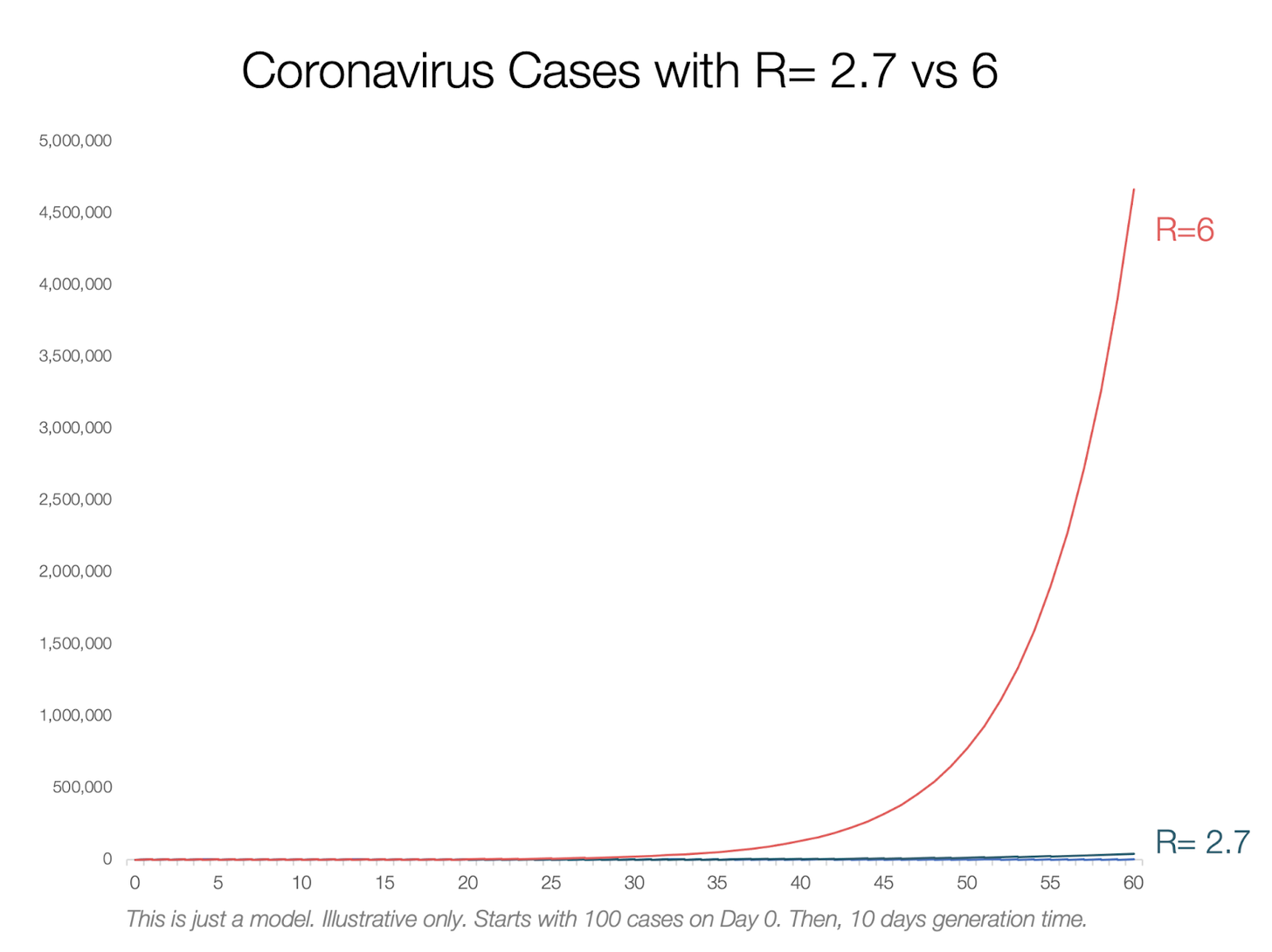
The worst case scenario is common cold or flu-like variation in covid-19 viruses - where we end up with hundreds or thousands of variants over time.
What we also know is covid is never going away but at this point one thing is also clear - and Scott Adams said it best:
If you are unvaccinated, you are in the middle of a deadly pandemic. If you are vaccinated, it's Wednesday.
— Scott Adams (@ScottAdamsSays) July 14, 2021
Tomas Pueyo has an excellent writeup summarising 📝everything you need to know regarding the delta variant - and where we are.
💱🤝🏻 Trade Partners
Per Akshay Kothari, citing The Economist - it’s pretty incredible that this shift has occured in just 20 years.
The geopolitical and economic implications have hardly gone unnoticed. It’s hard to say what the next two decades hold,however one popular analysis often cites Thucydides Trap - a term popularized by American political scientist Graham T. Allison to describe an apparent tendency towards conflict when an emerging power threatens to displace an existing great power as a regional or international hegemon. Wiki:
The term is based on a quote by ancient Athenian historian and military general Thucydides, which posited that the Peloponnesian War between Athens and Sparta had been inevitable because of Spartan fears of the growth of Athenian power

With tensions already high and rifts emerging between the superpowers during the Trump years, covid added even more pressure to the relationship.
Primarily due to the pandemic - the stark difference between 2019 and 2021 travel between the nations is something to behold.
2019
2021
🌌🔭 Jupiter
Enhanced artistic impressions based on Junocam shots of Jupiter emphasising the incredible gaseous structures.
🤖📈 Carlota Perez Framework
Carlota Perez is a researcher, lecturer and international consultant, specialized in the social and economic impact of technical change and in the historically changing conditions for growth, development and competitiveness.
VC Fred Wilson, 📹who interviewed Carlota back in 2011, wrote a bit about a framework she’s made famous some time ago on technological adoption 📝here:
“She studied all of the major technological revolutions since the industrial revolution and how they were impacted by and how they impacted the capital markets. What she found was that there are two phases of every technological revolution, the installation phase when the technology comes into the market and the infrastructure is built (rails for the railroads, assembly lines for the cars, server and network infrastructure for the internet) and the deployment phase when the technology is broadly adopted by society (the development of the western part of the US in the railroad era, the creation of suburbs, shopping malls, and fast food in the auto era, and the adoption of iPhones, Facebook, and ridesharing in the internet/mobile era).
And the “turning point” between the two phases is almost always marked by a financial crash and recovery. See the chart below from Carlota’s book:
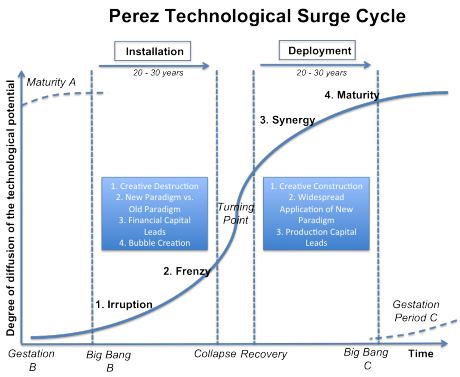
🎨 Natural Surrealism
Enjoying the work of Alexander Rommel, all of the below being from his “IMAGINATION OF NATURE” series.
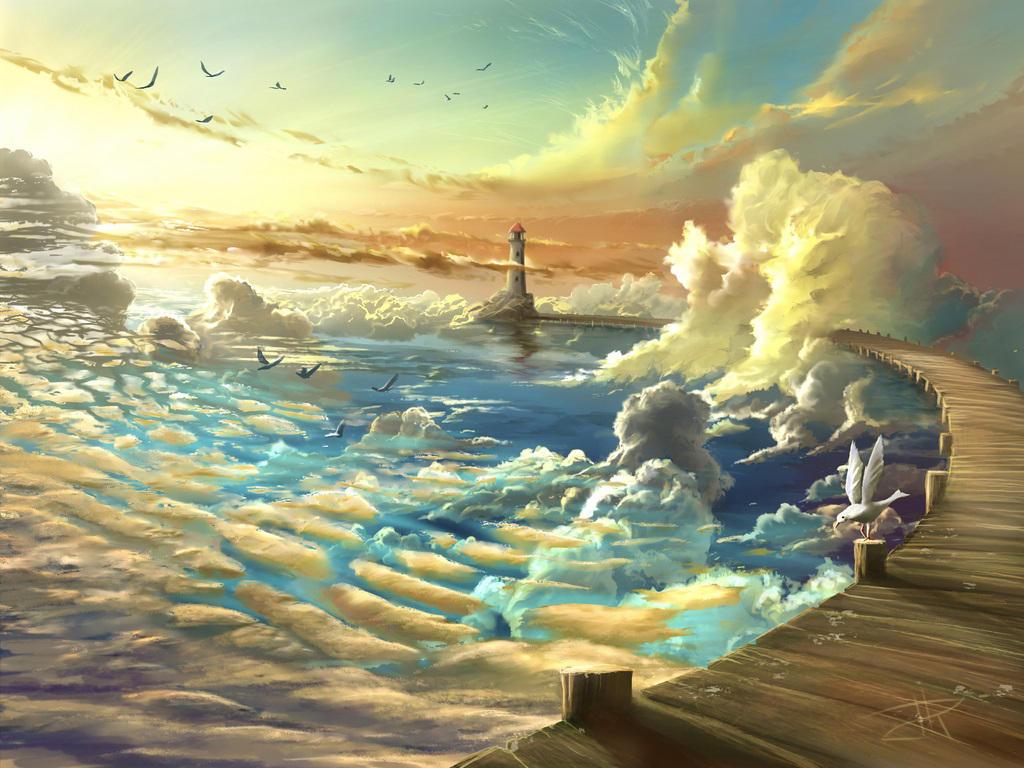
ON SHORE OF THE SKY, Digital, 2021

SAIL, Digital, 2021
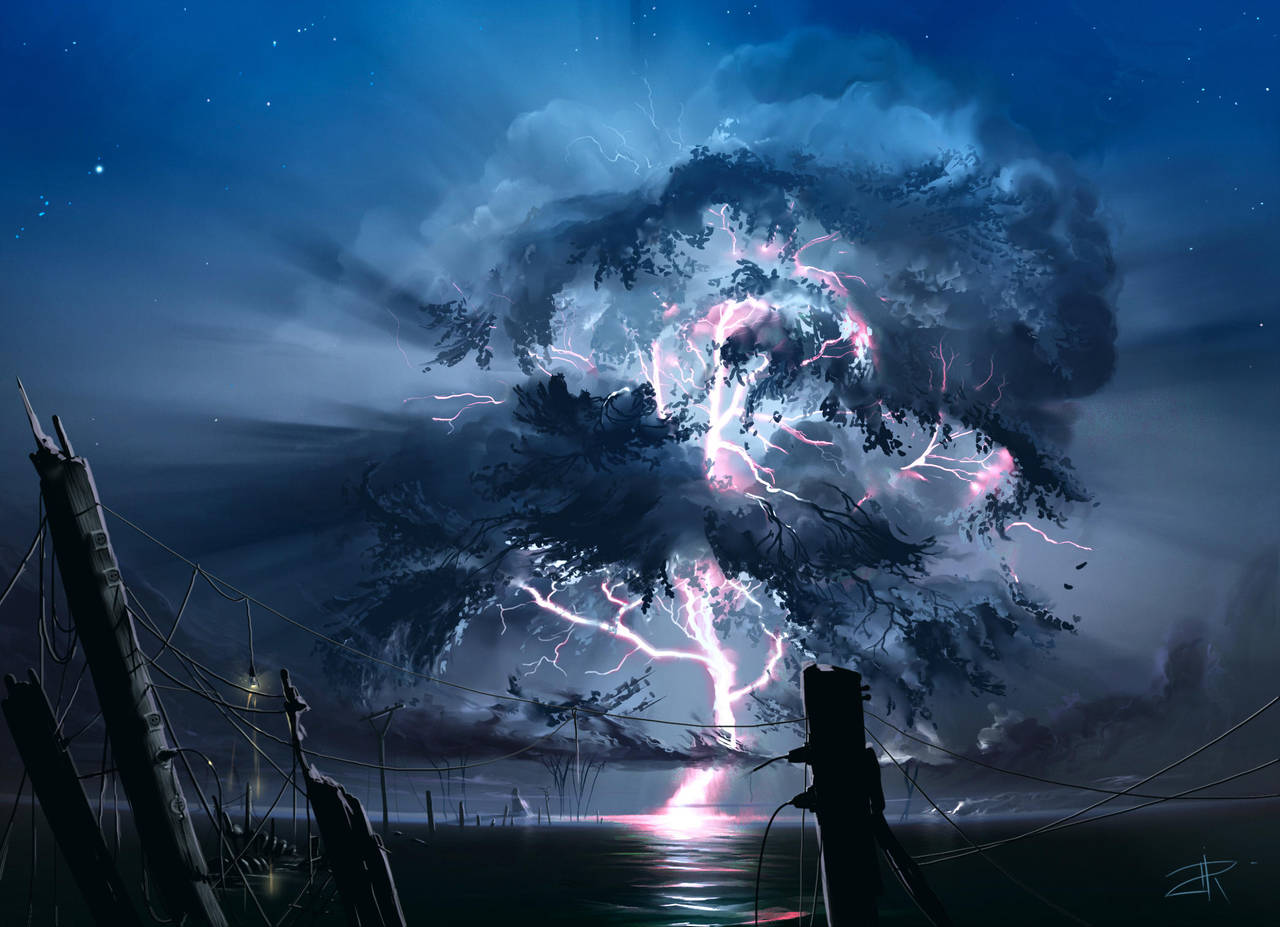
CUMULUS ARBOREUS, Digital, 2021
💬 Deep Cuts
“A thing is not necessarily true because a man dies for it” — Oscar Wilde
🎭 One More Thing
Frank told a joke at work. Nobody laughed. Now at 3am he’s unable to sleep as he obsesses over his social faux-pas, leading him to contemplate the nature of memory itself.
📧 Get this weekly in your mailbox
Thanks for reading. Tune in next week. And please share with your network.
Links The Week That Was Pickings
fa17eab @ 2023-09-18
